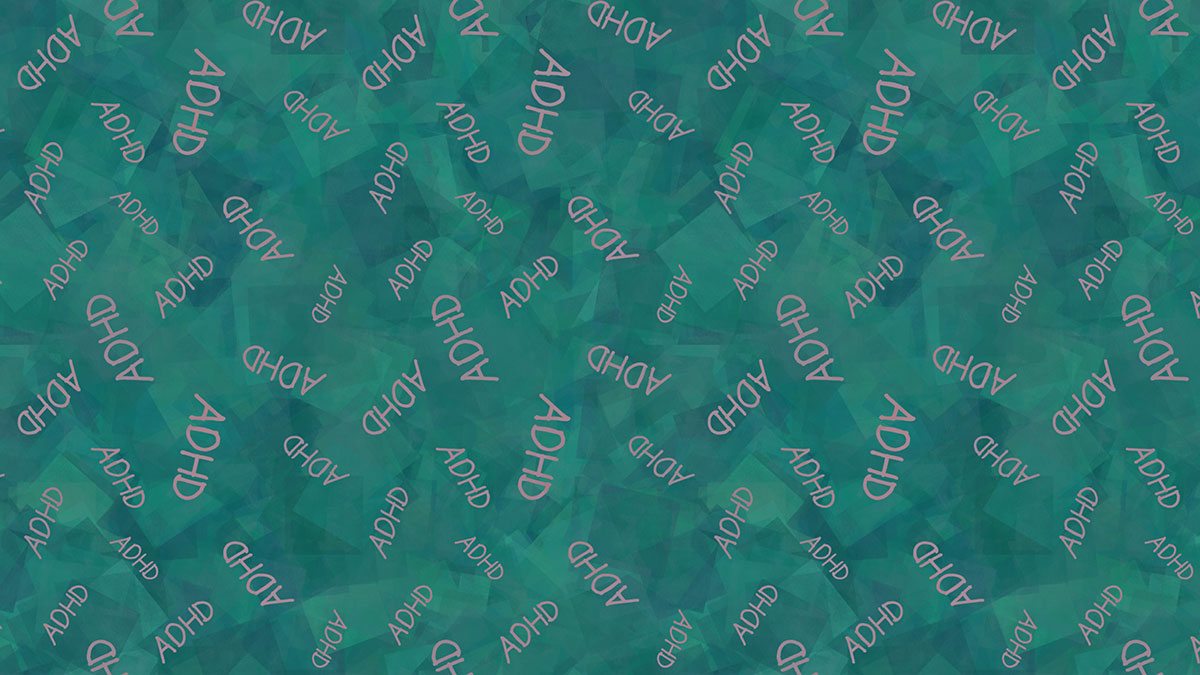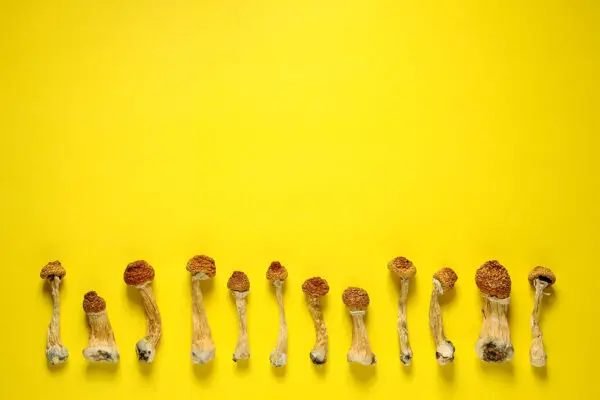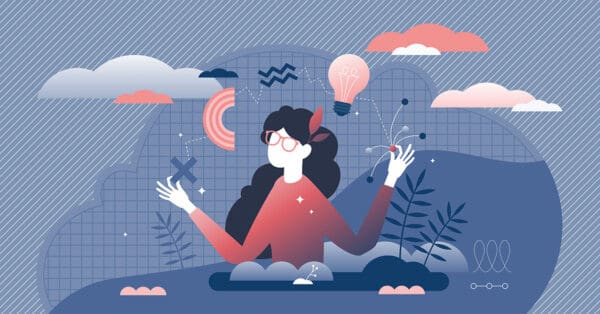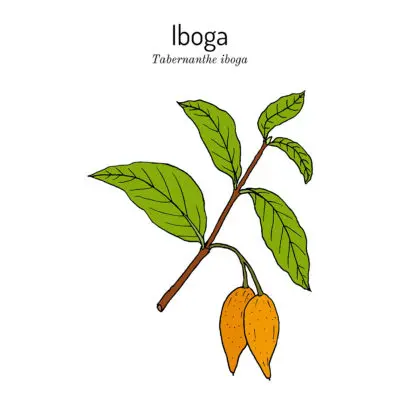Medical Editor: Dr. David Cox, PhD, ABPP
Are you looking for an alternative to stimulants for managing ADHD symptoms?
If so, you may be interested in exploring the potential benefits of microdosing for ADHD management.
This article will provide you with clear insight into how microdosing can be a viable option for individuals seeking alternative treatments for ADHD.
Behavioral therapy, nutrition, exercise, sufficient sleep, and maintaining a routine are all important methods of managing attention-deficit and hyperactivity disorder (ADHD) symptoms, but sometimes these efforts aren’t enough.
It can be discouraging when the aim of achieving executive functionality similar to that of neurotypical peers requires an immense expenditure of energy, sometimes without sufficient success.
Stimulant medications are often effective treatments for ADHD, but they can be taxing on the body when taken long-term and may come with undesirable side effects. Recently, this has been leading some people to look for alternative ways to manage their symptoms.
There is a growing interest in microdosing psychedelics among adults with ADHD because it may have fewer harmful side effects while still providing therapeutic benefits.
Sound interesting?
Here’s what you need to know before deciding whether or not microdosing for ADHD is right for you.
How do I know if I have ADHD?
There is a common misconception that ADHD only affects young males and manifests as wild, uncontrollable energy or difficulty learning. This condition can affect people of all ages and genders, with a wide array of potential symptoms that differ between individuals.
While some adults with ADHD do have hyperactive tendencies, others display inattentive-type symptoms and struggle to meet the behavioral expectations of neurotypical people. It may also be surprising to know that hyperfocus and relentless effort can occur just as frequently in people with ADHD.
ADHD may cause trouble with memory, organization, focus, and regulation of emotions. Impulse control can be a major concern and may be a cause of relationship and financial problems for those dealing with ADHD. Fatigue is also a frequently overlooked characteristic.
Because of how difficult “ordinary” functions of life can be for adults with ADHD and their likely history of perceived failures since early childhood, it is common for their self-esteem to suffer. ADHD can make it difficult to succeed at work, sustain meaningful personal relationships, or feel motivated when sincere efforts often end up in disappointment for the self or others.
A significant percentage of adults with ADHD have a comorbid mood disorder, struggle with substance misuse, and/or have other detrimental coping mechanisms. ADHD is a type of neurodiversity, not a failure of moral character or flawed willpower. However, it can be difficult for neurodiverse individuals to identify with mainstream society when there are such inflexible standards for acceptance.
ADHD is usually diagnosed through an evaluation process conducted by a specialist. Though some mental health professionals may not feel that it is necessary, a comprehensive evaluation to determine the diagnosis is important.
Increased understanding of the condition and its wide array of potential symptoms continues to develop in the mental health field. This has led to more people being diagnosed as adults, as the signs of ADHD in adults have become more recognized.
While an ADHD diagnosis can be somewhat discouraging, many adults feel a sense of hope and relief that there is a name for their experience and there may be therapies available to help treat the symptoms.
How might microdosing psychedelics be an alternative to stimulants for ADHD?
Some common methods of managing ADHD symptoms include medication, psychotherapy, and self-management plans. Psychostimulants like Ritalin, Adderall, or Vyvanse have long been considered the gold standard in pharmaceutical treatment for adults with ADHD because they address symptoms by increasing levels of dopamine and norepinephrine in the brain.
Although sustained-release medications have become widely used, the management of symptoms can at times be better controlled using multiple doses.
When misused, prescription stimulants used to offer these benefits can become addictive either chemically or psychologically, and may require continually increased dosage to maintain efficacy.
In some people, these medications cause an increase in blood pressure, heart rate, and blood sugar that may become unsafe with higher dosage or in the case of misuse.
Many people find that despite the increased energy and motivation stimulant medications provide, they are still afflicted by side effects such as unproductive hyperfocus, impulsivity, disordered eating habits, and insomnia. When used appropriately under professional guidance, stimulant treatment can be safe and effective. Yet, this treatment does not work for everyone.
Could psychedelics in small doses offer an alternative therapy for ADHD? Perhaps. Some theorize that ADHD symptoms are caused by dysfunctional neural transmissions that could be addressed with psychedelic medicines to offer a potentially more effective and safer solution than treatment with common pharmaceutical stimulants.
Microdosing is the practice of consuming a sub-perceptual amount of a psychedelic substance, usually one-twentieth to one-tenth of an active dose taken once every three days.
Active doses of psychedelics are likely to cause impairments and hallucinations, but the goal of microdosing is to avoid these effects and instead enhance one’s ability to focus and perform creatively, professionally, and personally, results that are thought to occur over time.
Those who have attempted self-treatment of ADHD through microdosing most commonly utilize lysergic acid diethylamide (LSD) or psilocybin, the psychoactive ingredient in magic mushrooms. Both have similar effects and benefits reported. Some have also benefited from microdosing ibogaine, which has stimulant properties that may help with focus and motivation.
Advocates of microdosing have self-reported improvements in their relationships, increased motivation, productivity at work, improvement in cognitive and creative abilities, as well as healthier habits surrounding sleep, eating, and exercise.
A survey indicated ADHD as the third most common diagnosis amongst those who reported microdosing as a means of self-medication for a range of mental health conditions, making it an interesting concept for further research.
What are the risks of microdosing psychedelics for ADHD?
All medicines, psychedelic or otherwise, come with certain risks that should be taken into consideration and discussed with an expert prior to use. One of the most important factors that should inform your decision to use psychedelic substances of any kind is your health, both mental and physical.
While microdosing may have benefits for ADHD and other mental health conditions, psychedelic substances can induce or aggravate mania and psychosis, and should therefore not be used by anyone who has a personal or family history of such experiences.
Psychedelics (even those used in small amounts) can impact your health by elevating blood pressure, heart rate, and blood sugar levels. People with physical health conditions for whom these effects could be dangerous should avoid psychedelics.
For additional information about the risks of microdosing, read Psychable’s Beginner’s Guide to Microdosing.
Closing thoughts and resources
Currently, there isn’t conclusive data available to determine whether or not microdosing psychedelic substances is a suitable alternative to the pharmaceutical stimulants prescribed to treat ADHD.
Any information presented here has been done so for educational purposes only. Psychable’s content is not intended to be a substitute for professional diagnosis or mental health care.
Psychedelics, regardless of dosage, should not be combined with pharmaceutical stimulant medications for ADHD as it may pose risks to mental and physical health.
If you’d like to speak with a practitioner who is familiar with microdosing and how it affects mental health and neurological conditions like ADHD, be sure to browse Psychable’s directory to find a trustworthy and knowledgeable professional.
With a few exceptions that depend on context and geographic location, psychedelic substances are currently Schedule I drugs in the United States, making them illegal for personal use. Obtaining psychedelics illegally puts you at risk for legal ramifications and may be unsafe.
At this time, the only legal way to obtain psychedelics like LSD, psilocybin, and ibogaine for mental health treatment is by participating in an approved clinical study for certain conditions.
Read More About Psychedelics & ADHD:









